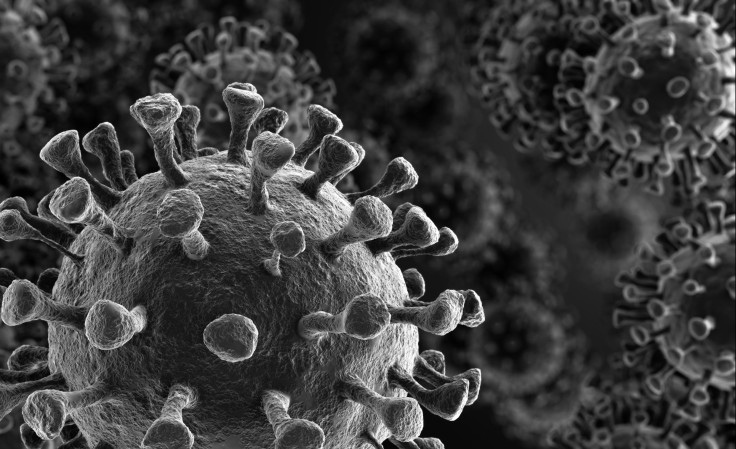With over 118,000 cases of confirmed coronavirus infection spread across more than 110 countries and territories, the World Health Organization (WHO) declared COVID-19 a pandemic on Wednesday, March 11, Time reported.
“This is not just a public health crisis, it is a crisis that will touch every sector,” WHO director-general Dr. Tedros Adhanom Ghebreyesus said. “So every sector and every individual must be involved in the fights.”
Why It's Declared A Pandemic
For those who are not very familiar with the terminology used in describing a virus’ spread, the terms epidemic and pandemic might seem to refer to the same thing. Technically, both describe the spread of disease but there are differences as well.
A pandemic is described by WHO as the global spread of a new disease. According to the CDC, the term is usually used to describe new influenza strains, when viruses “are able to infect people easily and spread from person to person in an efficient and sustained way.”
But ultimately, it’s WHO’s call when to describe a new disease an epidemic. “There is no threshold, such as a certain number of deaths or infections, or number of countries affected, that needs to be met,” The Guardian wrote.
Declaring NCOV-19 A Pandemic Doesn’t Change The Virus Or Its Preventive Measures and Treatment
However, the WHO stressed that declaring the virus a pandemic doesn’t change its advice. The organization still wants countries to “detect, test, treat, isolate, trace and mobilize their people.”
In fact, raising the virus to pandemic status won’t likely change how countries handle manage infection cases and change preventive protocols. “The change of term does not alter anything practically as the world has been advised for the last few weeks to prepare for a potential pandemic, which has hopefully been taken seriously by all countries,” according to Dr. Nathalie MacDermott, National Institute for Health Research academic clinical lecturer King’s College London.
Instead, declaring it a pandemic is meant to highlight the need for cooperation between countries. “The use of this term, however, highlights the importance of countries throughout the world working cooperatively and openly with one another and coming together as a united front in our efforts to bring this situation under control,” he added.

© 2025 Latin Times. All rights reserved. Do not reproduce without permission.




